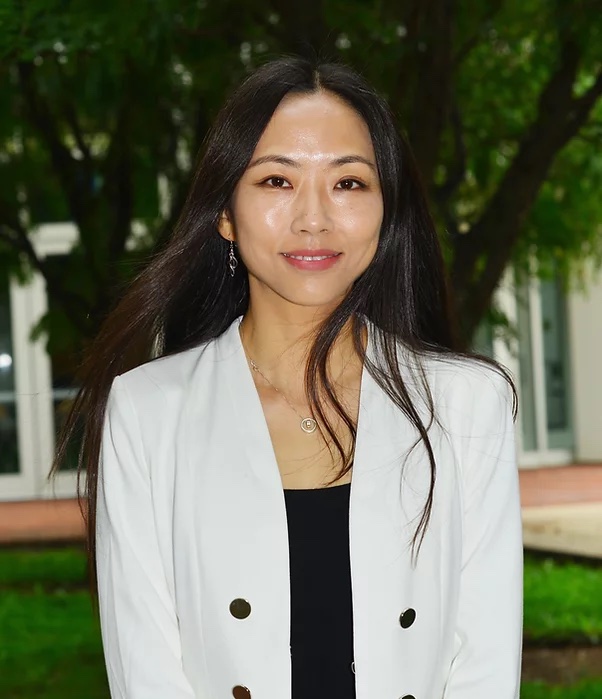
Miao Yu, PhD.
Dr. Miao Yu is a Professor of Mechanical Engineering at the University of Maryland and holds a joint appointment with the Institute for Systems Research. She received her Ph.D. in Mechanical Engineering from the University of Maryland in 2002. Her research interests encompass sensors and actuators, microsystems and nanosystems, smart materials and structures, and robotics. Prof. Yu has published over 100 archival journal articles and conference papers. Her research work has also led to a number of US patents, provisional patent applications, and UMD invention disclosures. One of her inventions on fiber optic pressure sensors was selected as the University of Maryland’s Outstanding Invention of the Year award in the category of Physical Sciences and her two other inventions were selected as one of the three finalists for the same award in 2010 and 2011. The various awards and honors that Prof. Yu received include the Oak Ridge Associated Universities’ Ralph E. Powe Junior Faculty Enhancement Award (2006), the NSF CAREER Award (2007), the AFOSR Investigator Program (YIP) Award (2007), and University System of Maryland Regents Faculty Award for Excellence in Research/Scholarship/Creative Activities (2019). Prof. Yu is a fellow of ASME.
Bio ↗
Allen Pattillo
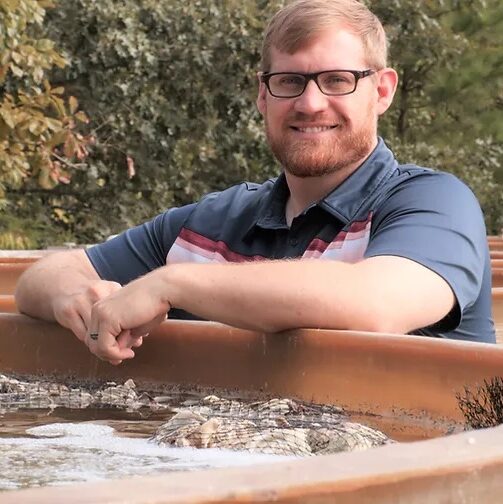
Shellfish Aquaculture Technology Specialist
Dr. Allen Pattillo is the Shellfish Aquaculture Technology Specialist at the University of Maryland (UMD) and has nearly 20 years of experience in fisheries and aquaculture. His research and Extension programs revolve around profitable and sustainable aquaculture practices. He has a research background in in shellfish and finfish aquaculture as well as aquaponics and has produced dozens of peer-reviewed and Extension publications, as well as videos and farmer/teacher training programs. He currently serves as project manager for Smart, Sustainable Shellfish Aquaculture Management (S3AM) program at UMD, which uses state of the art technology and artificial intelligence to detect, inventory, and georeference market-sized oysters for on-bottom farmers in the Chesapeake Bay and nationally.
Yang Tao
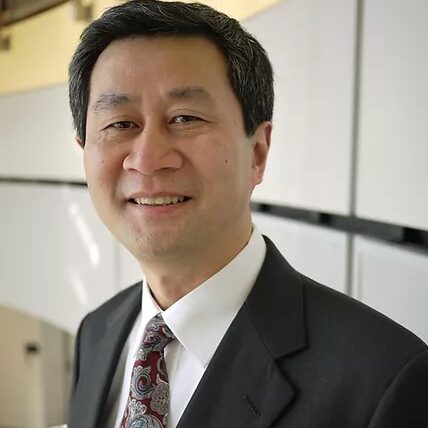
Professor in Bioengineering
Yang Tao is a professor in bioengineering and director of the bio-imaging and machine vision
(BVI) laboratory at the University of Maryland – College Park. Current research projects
include the development of automated imaging systems and machines for food, horticultural,
medical, and biopharmaceutical process automations. Research integrates machine vision,
artificial intelligence, and robotics to increase the quality and efficiency of industrial
processing lines while reducing the risk of injury to workers. Tao and his BVM Lab have
developed various advanced technologies including fully-automated vision-guided robotic
processors for strawberries, blue crab, and apples, as well as real-time combined X-ray and
laser imaging system for automated bone fragment detection for chicken processing. Notably,
the Pealcreption TM 3D oyster imaging machine allows for automated grading and sorting of
22,000 oysters/hour for market.
Matt Parker
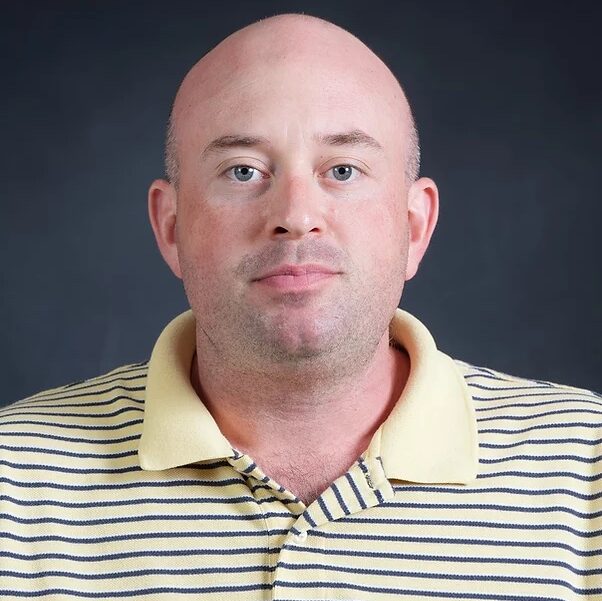
Aquaculture Business Specialist
Dr. Matt Parker is the Aquaculture Business Specialist with University of Maryland Extension. He received his B.S. (Fisheries Science) from North Carolina State University in 1997, with a Master of Aquaculture (2001) and MBA (2002) from Auburn University. He completed his Ph.D in Environmental Science from the University of Maryland focusing on the effects of debt financing on Maryland Oyster Aquaculture Farm Profitability. Prior to joining University of Maryland Extension in 2011, Matt was an Aquaculture Business Specialist with the North Carolina Dept. of Agriculture and Consumer Services from 2003-2010. Matt has spent his career educating aquaculture producers about the need for proper business planning and assisting them in writing business plans and finding financing. He was recruited to provide aquaculture business planning instruction for the Myanmar Fisheries Federation as part of the USAID Farmer 2 Farmer program during the summers of 2014 and 2015. Matt is a Past-President of the Unites States Aquaculture Society.
Fumin Zhang
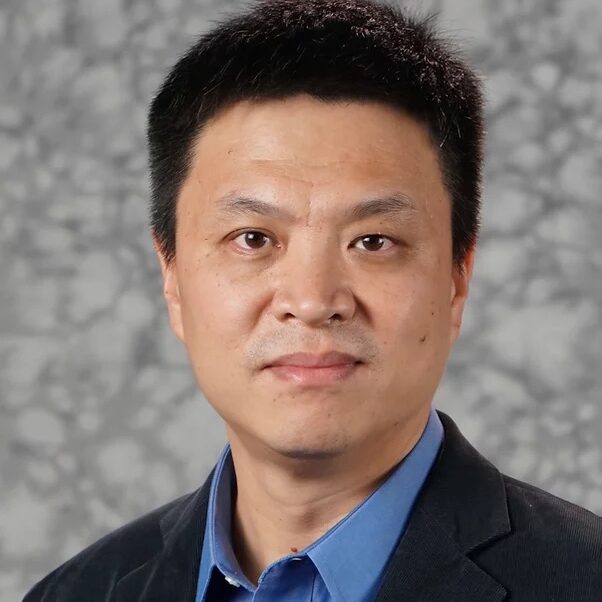
Professor in the School of Electrical and Computer Engineering
Dr. Fumin Zhang is Professor in the School of Electrical and Computer Engineering at the Georgia Institute of Technology. He received a PhD degree in 2004 from the University of Maryland (College Park) in Electrical Engineering, and held a postdoctoral position in Princeton University from 2004 to 2007. His research interests include mobile sensor networks, maritime robotics, control systems, and theoretical foundations for cyber-physical systems. He received the NSF CAREER Award in September 2009 and the ONR Young Investigator Program Award in April 2010. He is currently serving as the co-chair for the IEEE RAS Technical Committee on Marine Robotics, associate editors for IEEE Journal of Oceanic Engineering, Robotics and Automation Letters, IEEE Transactions on Automatic Control, and IEEE Transactions on Control of Networked Systems.
Lisa Wainger
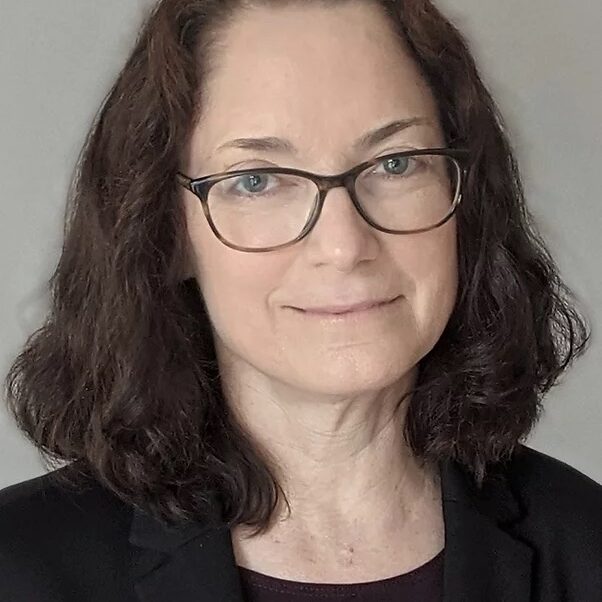
Research Professor of Environmental Economics
Dr. Wainger is a research professor of environmental economics at the University of Maryland Center for Environmental Science. She has over 20 years of experience in evaluating the costs, benefits and risks of environmental restoration and management and applying that information to decision making. Her work with government agencies includes designing economic incentives that promote environmental benefits and business opportunities. She has also worked with businesses to identify opportunities to increase ecosystem services that sustain inputs to production and advance corporate social responsibility. She has published widely on water quality, invasive species management, ecosystem service valuation, oyster fisheries and aquaculture, and recreational fishing. She serves on numerous science advisory boards and is currently co-chair of the Ecosystem Science and Management Working Group that serves the National Oceanic and Atmospheric Administration’s Science Advisory Board to the Administrator. She is also chair-elect of the California Delta Independent Science Board and past chair of the Scientific and Technical Advisory Committee to the US EPA Chesapeake Bay Program.
Nikhil Chopra
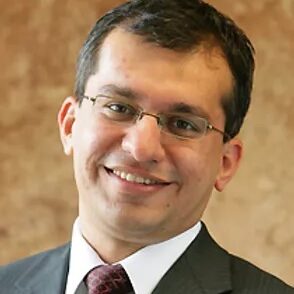
Professor in the Department of Mechanical Engineering
Dr. Nikhil Chopra is a Professor in the Department of Mechanical Engineering at the University of Maryland, College Park. He received a Bachelor of Technology (Honors) degree in Mechanical Engineering from the Indian Institute of Technology, Kharagpur, India, in 2001, an M.S. degree in General Engineering in 2003, and a Ph.D. degree in Systems and Entrepreneurial Engineering in 2006 from the University of Illinois at Urbana-Champaign. His current research interests are in the areas of nonlinear control, robotics, and machine learning. He is the co-author of the book Passivity-Based Control and Estimation in Networked Robotics. He is currently an Associate Editor of Automatica and was previously an Associate Editor of IEEE Transactions on Control of Network Systems and IEEE Transactions on Automatic Control.
Matt Gray
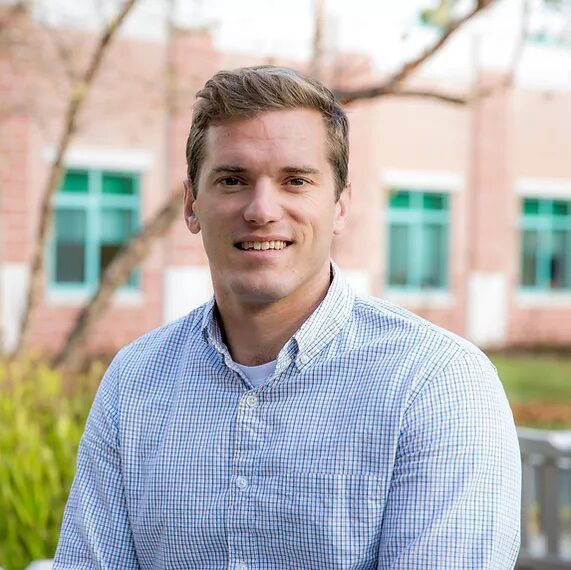
Assistant Professor
Oysters and other marine invertebrates provide numerous benefits to coastal communities and
local environments. As an ecophysiologist, my research focuses on understanding the
physiological response of marine invertebrates to current and future environmental conditions
(e.g. ocean acidification) and the ecological benefits provided by these organisms over space and
time. My studies are intended to broaden our knowledge base and provide relevant information
to help inform stakeholders, management, and policy in Maryland and elsewhere.
Emanuele Di
Lorenzo
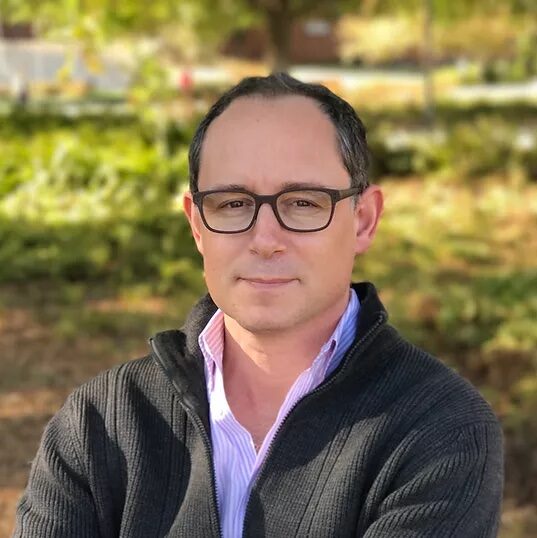
Professor and Director of the Ocean Science and Engineering
Dr. Di Lorenzo is a Professor and Director of the Ocean Science and Engineering program at Georgia Tech, which he co-founded in 2016. He is also Chairman and co-founder of Ocean Visions. He received a Ph.D. in ocean and climate sciences from the Scripps Institution of Oceanography in 2003 and joined the faculty at Georgia Tech in 2004. He is internationally recognized for his work and leadership in understanding ocean climate and its impact on marine ecosystems and coastal communities. More recently, Di Lorenzo efforts have focused on transforming research and knowledge generated in academia into equitable and practicable ocean-based solutions to climate by co-founding in 2019 the Ocean Visions and working on the development of a new United Nations Ocean Decade Center on Ocean-Climate Solutions and Innovations.
Suzanne
Bricker
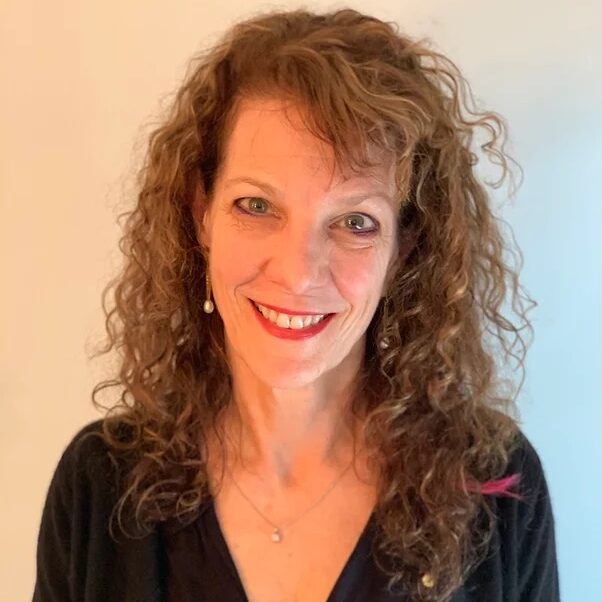
Researcher
Dr. Suzanne Bricker, from NOAA’s Cooperative Oxford Lab, earned a BA from Northwestern University (biology) and PhD from University of Rhode Island (Oceanography). For 30+ years she has led research evaluating the severity of nutrient impacts in US and international coastal waters. She and her colleagues develop models and tools to assess and find solutions to improve degraded water quality. Her collaborators include national and international modelers, economists, aquaculture industry members, and environmental managers who collaboratively conduct research focused on ecosystem services, such as nutrient removal and habitat expansion, provided by shellfish (oysters, clams) to inform marine policy and help develop successful innovative nutrient management measures.
Don Webster

Principal Agent and Regional Specialist
Mr. Webster is a Principal Agent and Regional Specialist with University of Maryland Extension (UME) in the College of Agriculture and Natural Resources. With a graduate degree in Agriculture and Extension Education, he has more than four decades of experience in creating and implementing training programs based on assessed needs and documenting outcomes. His principal focus is the development of profitable commercial aquaculture. While his work has included several species and production systems during his career, his main focus has been advancing hatchery based production of the eastern oyster C. virginica. He is a member of the UME team that develops and teaches programs focusing on Production Methods, Business Development and Seafood Technology. He is the UME appointed member of the state Aquaculture Coordinating Council which provides recommendations to Maryland elected leaders on advancing development and currently serves as the elected Vice Chair to the nineteen member group. He is the Maryland representative to the Technical Advisory Committee of the USDA funded Northeastern Regional Aquaculture Center and was recently honored by the United States Aquaculture Association with their Distinguished Life-Time Achievement Award.
Yiannis
Aloimonos
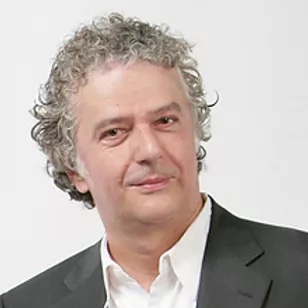
Professor of Computer Science and Director of the Computer Vision Laboratory
Yiannis “John” Aloimonos is a professor of computer science and director of the Computer Vision Laboratory. He has written more than 200 research publications on computer vision, especially on Active Vision. Aloimonos has contributed to the theory of computational vision in various ways, including the discovery of the trilinear constraints (with M. Spetsakis) and the mathematics of stability in motion analysis as a function of the field of view (with Cornelia Fermüller), which contributed to the development of omni directional sensors. He serves on the editorial boards of several journals (such as IEEE PAMI, CVIU, the Visual Computer, Pattern Recognition); has chaired several international and national conferences (CVPR, ICPR, 3DPVT); and is the co-author of four books, including one textbook on artificial intelligence.
Aloimonos has received awards for his work, including the Marr Prize Honorable Mention Award 1987, the Presidential Young Investigator Award from President Bush in 1990, and the Bodossaki Prize in AI and Computer Vision in 1994. His research has been supported over the years by NSF, NIH, ONR, DARPA, IBM, Honeywell, Dassault, Westinghouse, Google, Honda and the European Union. For the past five years, he has been working on cognitive systems under the project POETICON, and more recently under the NSF Cyberphysical Systems Program.
He received his doctorate in computer science from the University of Rochester in 1987. Aloimonos started at the University of Maryland in 1986. In 1993, he was a visiting professor at the Royal Institute of Technology, in Stockholm, Sweden, and in 1994, he served as a visiting professor at the Institute FORTH in Crete, Greece.
Yuanwei Jin
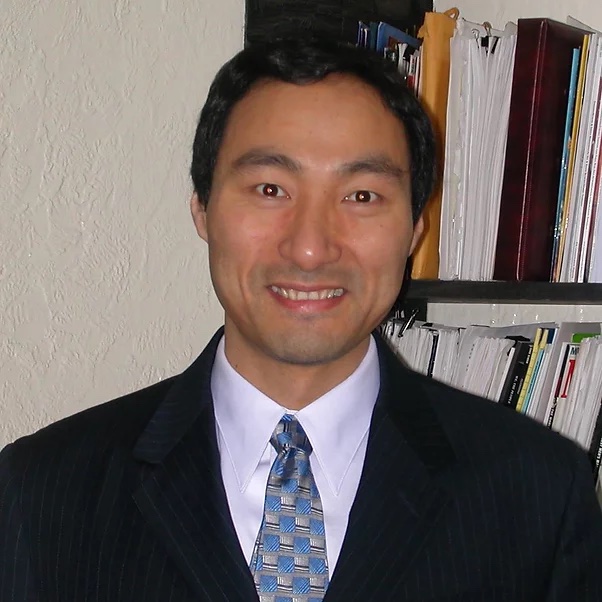
Professor and Chair with the Department of Engineering and Aviation Sciences
Yuanwei Jin is Professor and Chair with the Department of Engineering and
Aviation Sciences of the University of Maryland Eastern Shore, Princess Anne, MD. Prior to joining the University of Maryland Eastern Shore, he was a Research Scientist with the Department of Electrical and Computer Engineering, Carnegie Mellon University, Pittsburgh,
PA. He received his Ph.D. degree in electrical and computer engineering from the University of California at Davis in 2003. His research interests are in the area of statistical signal processing, image processing, machine learning, and adaptive control with applications in radar/sonar, biomedical imaging, structural health monitoring, and robotics. He was a recipient of an Innovator’s Award and a Special Recognition Award for Educational Leadership at the BEAY-STEM conference in 2019 and 2016, respectively. He received a 2010 Air Force Summer Faculty Fellowship award. He was a recipient of an Earle C. Anthony Fellowship from the University of California at Davis. He holds four US patents and has published more than ninety technical papers in professional societies. He is a Senior Member of the IEEE. He is affiliated with several IEEE societies, Sigma Xi, SPIE, and the American Society for Engineering Education (ASEE).
Vyacheslav
Lyubchich
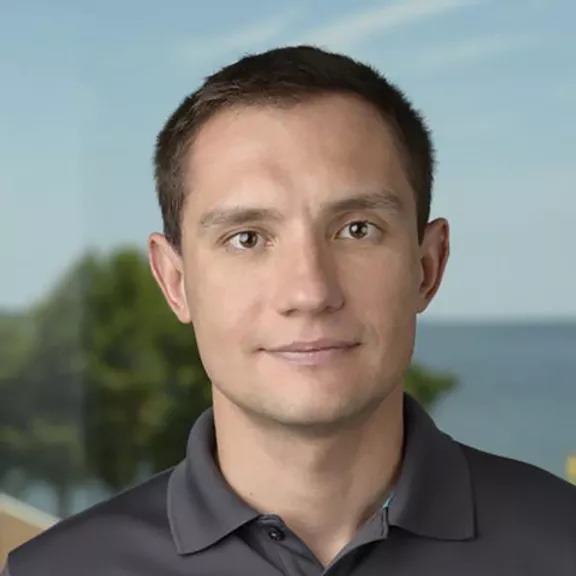
Associate Research Professor of Statistics
Dr. Vyacheslav Lyubchich is an Associate Research Professor of Statistics at the University of Maryland Center for Environmental Science. He received his Ph.D. in Statistics from the Orenburg State University, Russia in 2011. In the same year, he was awarded the Government of Canada postdoctoral fellowship to continue his research in time series methodology at the Department of Statistics and Actuarial Science of the University of Waterloo, Canada. Since 2015, V. Lyubchich is a research faculty and a founding member of the Environmental Statistical Collaborative at the University of Maryland Center for Environmental Science.
Jeremy Testa
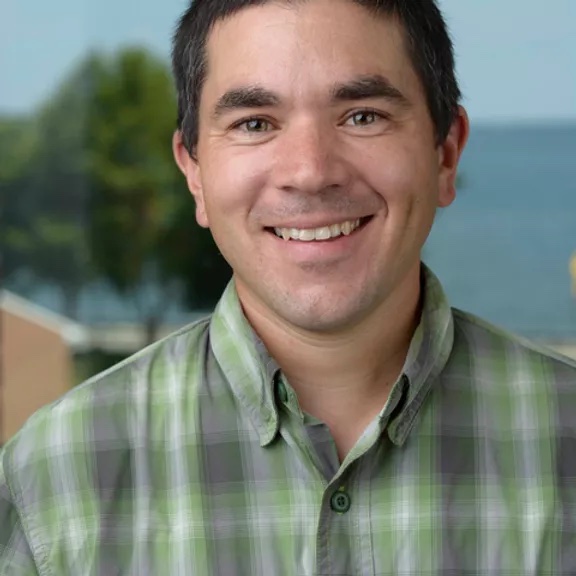
Associate Professor
Jeremy Testa is an Associate Professor at the UMCES Chesapeake Biological Laboratory. His interests reside within the field of coastal marine ecology, with an emphasis on the processes of eutrophication, nutrient cycling, dissolved oxygen dynamics, and ocean acidification. His group is especially interested in the interactions between biological, chemical, and physical processes in coastal ecosystems. They use a combination of experimental efforts, historical data analysis, and coupled biogeochemical-hydrodynamic modeling studies to examine these aspects of estuarine and coastal aquatic science.
Adam Porter
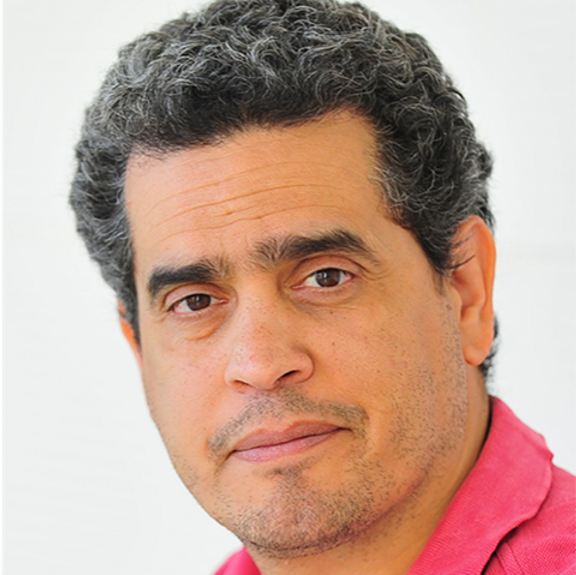
Professor of Computer Science
Dr. Adam Porter is a Professor of Computer Science with appointments in the Institute for Advanced Computing Studies, the Institute for Systems Research, and the Maryland Transportation Institute at the University of Maryland at College Park. He also serves as the Executive Director of the Fraunhofer USA Center for Experimental Software Engineering, an applied research center affiliated with UMD.
He has 30+ years of experience in computer science and software engineering with an emphasis on the development of algorithms, methods and tools for software specification, development, and validation. His work has been supported by a wide variety of funding agencies and industrial organizations, including NSF, DARPA, IARPA, NIH, DHS, AT&T, Motorola, Sun Microsystems, Apple, IBM and Microsoft, and many more. His current research is primarily focused on software and systems engineering for AI-powered systems, and in applications for AI for software and systems engineers.
For his contributions, Porter has received multiple awards for research and teaching excellence, including the NSF Career Award for Early Career Development, and the UMD, College of Computer, Mathematics and Natural Sciences Board of Visitors Creative Educator Award, among others. Porter has advised dozens of students, published more than 150 technical articles, and is a named inventor on one U.S. Patent. Dr. Porter holds an MS and PhD in Computer Science from The University of California at Irvine (1988 and 1991, respectively), and a BS in Computer Science from the California State University at Dominguez Hills (1986). He is a Senior Member of ACM and IEEE.
Arthur
Trembanis
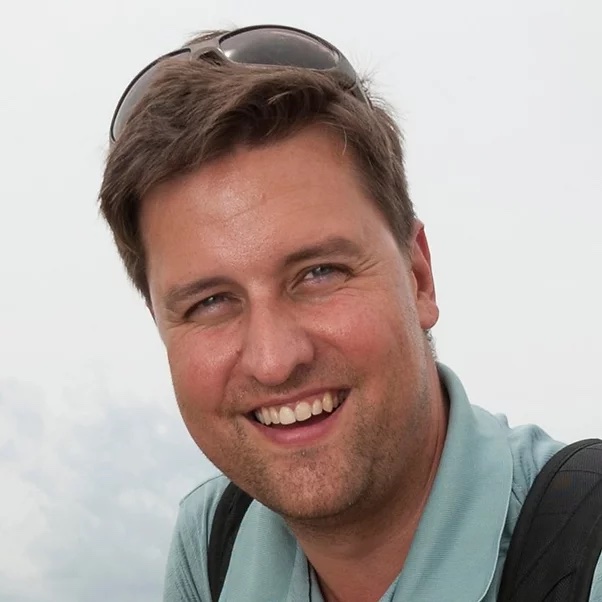
Director of the Coastal Sediments, Hydrodynamics and Engineering Laboratory (CSHEL)
Arthur Trembanis is the director of the Coastal Sediments, Hydrodynamics and Engineering Laboratory (CSHEL) in the College of Earth, Ocean, and Environment at the University of Delaware. The work of CSHEL involves the development and utilization of advanced oceanographic instrumentation, particularly autonomous underwater vehicles for seafloor mapping and benthic habitat characterization. He received a bachelor’s degree in geology from Duke University in 1998, a Fulbright Fellowship at the University of Sydney in 1999, and a Ph.D. in marine sciences from the Virginia Institute of Marine Sciences in 2004.